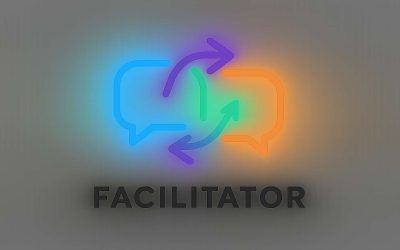
A learning facilitator uses their knowledge of education and training to lead groups in developing skills that will help them work as a team and achieve organizational goals. They are often responsible for teaching classes or leading employees through a new process, but they also need to be able to adapt and manage the needs of each group. In addition to teaching and learning, they must be able to build an environment where participants feel safe to express their opinions, challenge ideas and ask questions.
Using engagement techniques
Being able to motivate and engage learners is essential for a learning facilitator, because it is the best way to keep them focused on the task at hand and committed to the success of their company or school. This may involve incorporating a variety of techniques, such as games and activities that allow people to demonstrate their knowledge, rather than simply relying on lectures.
Communicating clearly
A good learning facilitator can communicate effectively with the entire group and individual members of a class or training program. This involves listening attentively, interpreting non-verbal cues and reflecting back what the other party has said to ensure they understand your point of view. It is also important for them to be able to make everyone feel included in the discussion, so encouraging participation from quieter participants and making sure all voices are heard is vital.
Managing disfunction
During group training, it is easy for the dynamics of a class or meeting to get out of control, whether due to conflicting opinions or a lack of interest. A skilled learning facilitator is able to identify these issues and manage them. This may mean redirecting the conversation to a more relevant topic, allowing people to take a break or even stopping the activity entirely if the situation becomes too heated.
Understanding different motivators
A successful learning facilitator can motivate a diverse group of people to focus on a common goal, such as completing a project or meeting deadlines. This requires an understanding of what drives each person, which may include things such as their personality traits, career ambitions or motivational triggers. This allows them to develop activities that appeal to a wide range of individuals, making it easier for them to become engaged in their learning.
Facilitating a learning experience is often a dance between structure and improvisation. A skilled learning facilitator is able to change course and respond to what is happening in the room, so that they can reach their objectives while keeping everyone happy. This includes understanding when to push harder or softer on the group, encouraging more talkative and less talkative individuals to participate and finding themes in thoughts that can bring a group together. It is also often helpful for a learning facilitator to have training in improv theatre, as the ability to improvise can be an effective tool for building an engaging and productive learning environment.



0 Comments